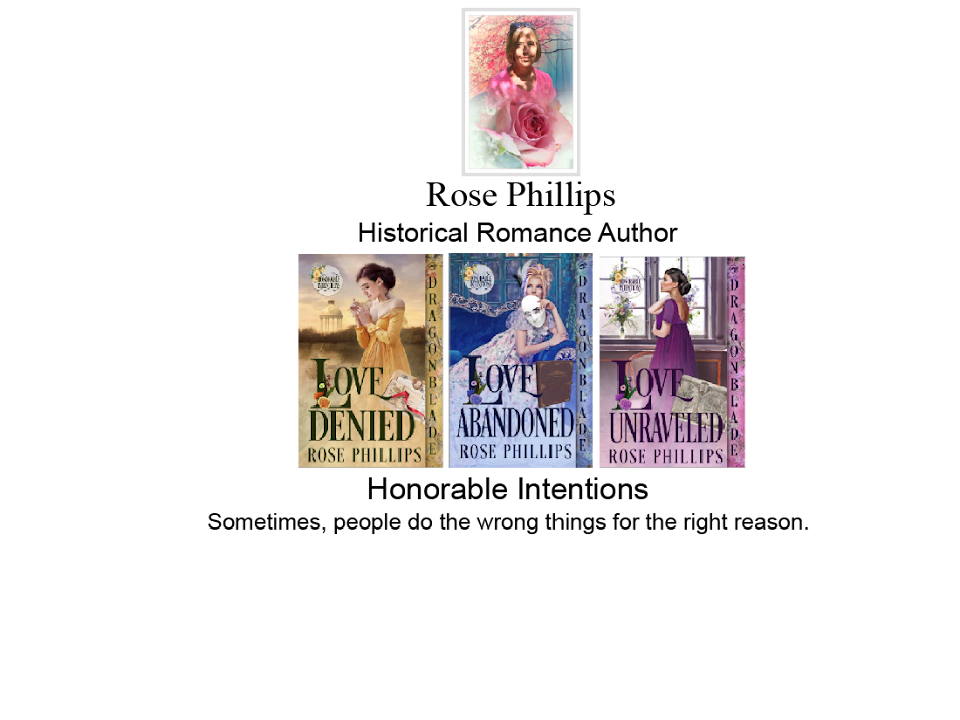On Tuesday night, we went to see the documentary Us & Them. Filmed in Victoria, British Columbia, it explores homelessness and addiction by following the lives of four homeless people over the course of ten years. It’s incredibly powerful, and their stories put a human face on folks we far too often pass with little more than a brief thought. While I highly recommend seeing it, it is not the film that I want to talk about, but the emotion that it stirred in all of us who attended.
As I watched, I stifled the urge to cry, sniffling as quietly as I possibly could. Beside me, a stranger’s shoulders shook as she wept, but she made no sound. When we left, my husband commented that he had a headache from fighting back tears. What is wrong with this picture? We were watching the pain of very real people. It was hard. We hurt along with them. We hurt for them. Why were we all so determined not to show that thing that we complain is lacking in our world—empathy?
Why do we suppress the public display of a very human reaction? Is crying not as natural as laughing? It’s not overtly taught, but somehow we have all gotten the message—it is embarrassing, shameful even, to cry openly. Stay strong. Chin up. Carry on. We hear these words of encouragement all of the time. Are they the wrong words? Is the subliminal message if you don’t do these things you are weak, you are cast down, you will stay down?
In reflecting on my own tears through the years, in my youth, I rarely cried. If I did, it was usually out of frustration or anger, and very much in private. I was perceived as a strong, competent young woman who was sure of herself and up to any challenge placed in front of her. I liked the image, so I fought any tears of pain, and certainly hid them if they fell.
As the years have passed, that has changed. Oddly, now that I truly am a strong competent human being, I cry more frequently. I think, in part, not because I feel more deeply but because I feel more widely. Years bring too much insight, too much knowledge, too much awareness of the larger hurt in our world. I rarely cry for me. I cry for others. What hasn’t changed is the fight against doing it in public. I don’t always win it, but I still struggle to contain tears when others are around.
Which brings me back to why? Our society, both subtly and explicitly, teaches boys that tears are weak. We’re working to change that, but it will be a long overhaul. As women trying to gain a level foothold in the world, are we also carrying the burden of that message? Do we think we are lesser if we show emotion? Does withholding our tears make us equal?
I don’t have the answer. However, I do know that I was more uncomfortable withholding my emotions the other night than I am when I let them loose. Like laughing, crying can be more than freeing; it can prove to be downright healing. And maybe tears, like laughter, need to be shared. Perhaps, that is how we create a kinder, more compassionate culture.




This is such a great post. I'm a crier. I'm the person that cries during commercials. I've worked so hard to harden my heart and not cry. But you're right, we shouldn't be ashamed of it. I help out at my sons class during library time. When I got there last week the teacher had been reading a book with them and had cried a little. She was so embarrassed and tried to explain it away. But I'm glad my son has a teacher who teaches them it's okay to cry and care. A teacher who teaches them how to internalize a book.
ReplyDeleteI cry and it is freeing. Letting the stress, fatigue, frustration out is a way to start forward. Thanks for the post that let's some light into the feelings.
ReplyDelete